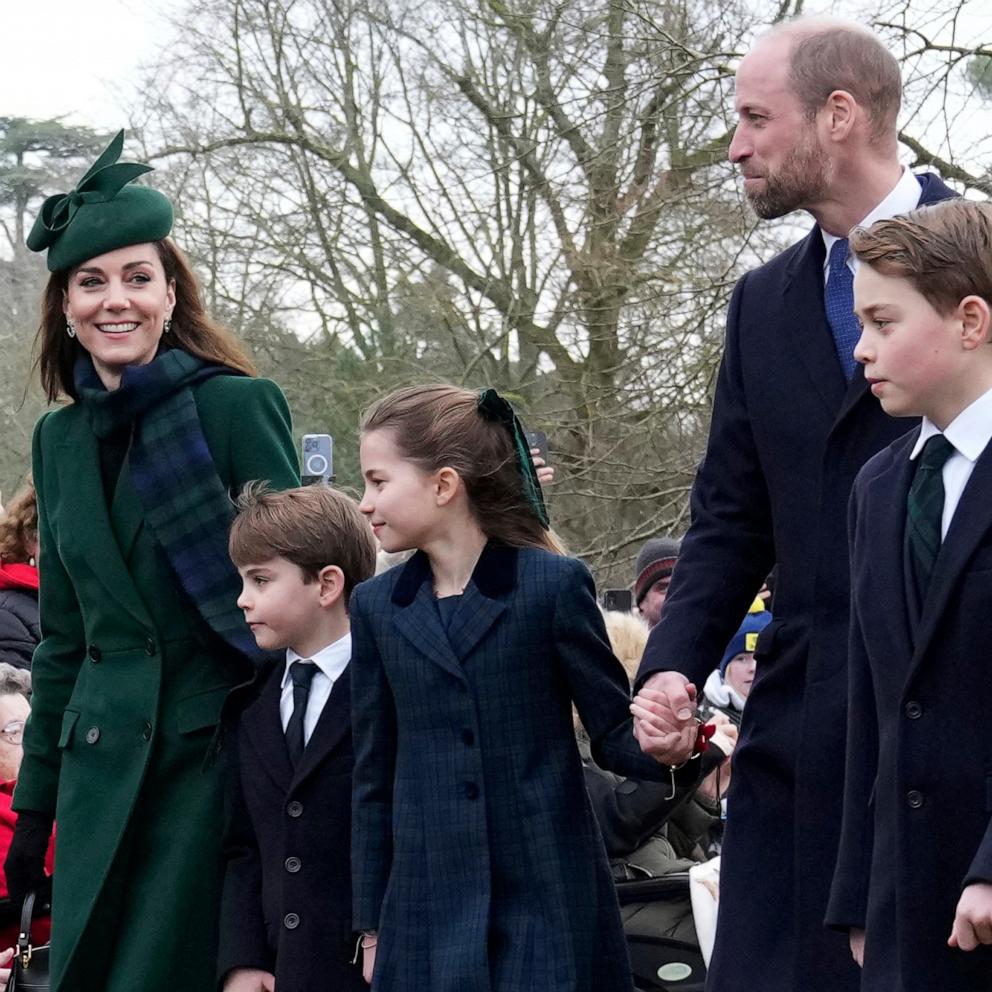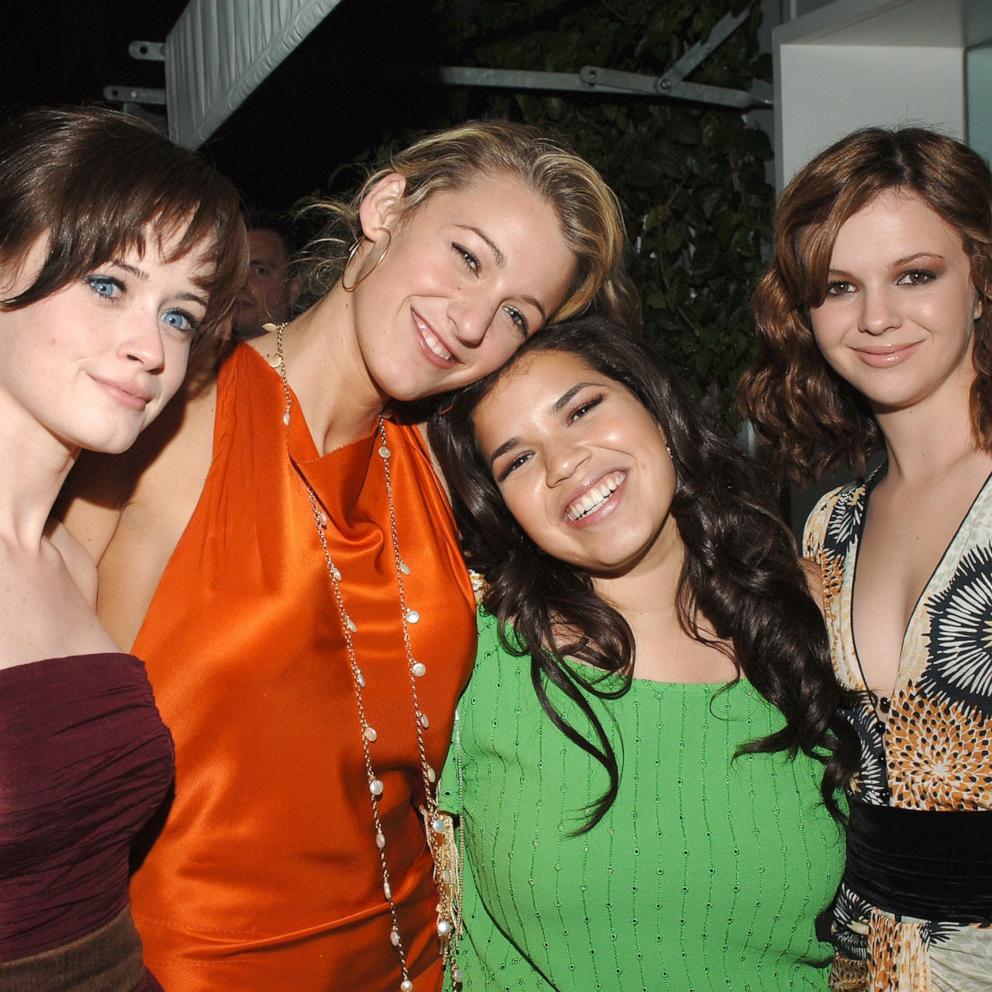Review: 'Bob Marley: One Love' is a missed opportunity to showcase the music legend

It should have been better, so much better. "Bob Marley: One Love," now only in theaters, leaves a vacuum where a rich, melodic, ardent, activist biopic should be.
The Jamaica-born music legend, who died in 1981 at 36 after a battle with melanoma, rose from poverty to become the face and voice of reggae and the Rastafarian conscience of his people.
You’d think that you couldn’t miss with a film about a short life as full as Marley’s. Think again. He left behind 11 children and a legacy of immortal hits, including "Redemption Song," "Three Little Birds," "No Woman No Cry" and "Get Up Stand Up." And yet "King Richard" director Reinaldo Marcus Green and his three co-screenwriters repeatedly drop the ball.
No shade on British actor Kingsley Ben-Adir, who excelled as Malcolm X in "One Night in Miami" and Barack Obama in "The Comey Rule." As Marley, Ben-Adir radiates starshine, catching the lilt of Jamaican patois and lip-syncing to Marley’s hits with his band, The Wailers, as he shows the musician in dreamy, sensual, ganja-fueled dance ("Every little thing is gonna be alright").

But everything isn’t alright. The 6’2’’ Ben-Adir doesn’t physically match up with the 5’6” Marley. But Ziggy Marley, the icon’s son and a producer of the film along with his mother and sister, saw in the actor the essence and infectious spirit of his father. You’ll see it, too.
How frustrating that "One Love" only gives us snippets of songs and scraps of a life. Except for flashbacks to a teen Marley (a terrific Quan-Dajai Henriques) haunted by images on horseback of the white father who abandoned him, the movie focuses on a two-year period, starting in late 1976 when gunmen try to kill Marley and his bandmate wife Rita (a superb Lashana Lynch).
Both survive the attempt, incited by a planned Smile Jamaica concert meant to encourage peace between his country’s warring political factions, the democratic socialist People’s Nationalist Party and the conservative Jamaican Labour Party.
Marley claimed to be beyond politics, but that’s no excuse for the skin-deep analysis provided by a film that barely recognizes his long-standing fight for Black independence against the violent vestiges of British colonialism.
After defiantly performing the concert two days later, Marley retreats to the safety of London where he and the band record "Exodus," still widely regarded as one of the the greatest albums of the 20th century, and embark on a European tour.
It’s in the recording sessions, notably "Jamming," that the film infuses Marley’s creative process with the artful ease that marked his style without stinting on the zeal for global harmony that make his music both timeless and as timely as the war between Israel and Hamas.

Just as Rami Malek’s Oscar-winning take on Freddie Mercury in "Bohemian Rhapsody" was almost swallowed up by genre cliches, Ben-Adir must swat away at the script’s attempts to reduce Marley to a harmless symbol of mellow vibes dressed up in denim and dreadlocks.
That Ben-Adir infuses Marley with flesh-and-blood humanity raises the bar for the film, as do his scenes with the magnificent Lynch ("The Woman King"), herself of Jamaican descent, especially when they tear into his frequent infidelities. Her interpretation of "No Woman No Cry" vibrates with a raw energy sadly absent from this family-sanctioned film.
"Bob Marley: One Life" wraps up in 1978 with a peace concert back home, mostly condensed over the end credits. Just one mistake among many in a trite script that is no match for the way Marley spoke his heart through his music. At the very least, this flawed, authenticity-starved film will put Marley and "Exodus" back on your personal playlist. That’s where the magic is.




